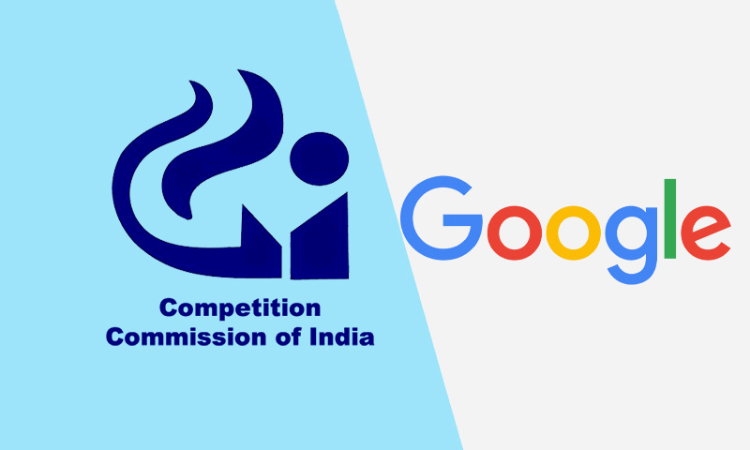Google Moves Karnataka High Court Challenging CCI Order In Case Related To Play Store Payment Policy
Mustafa Plumber
28 Dec 2021 12:31 PM IST

Next Story
28 Dec 2021 12:31 PM IST
Google India Private Limited has approached the Karnataka High Court seeking to quash the order dated December 14, passed by the Competition Commission of India by which it rejected Google's request for access to the identity of app developers/start-ups allegedly suffering harm on account of Google Play store payments policy 2020. The plea filed through Advocate Dharmendra...
